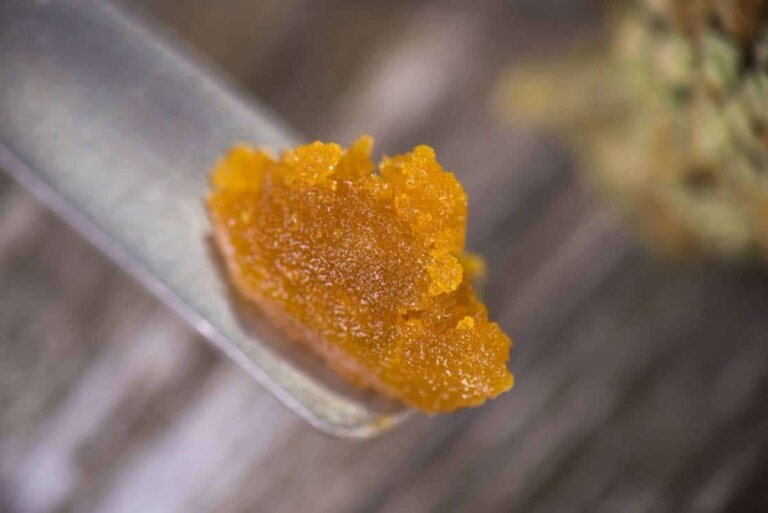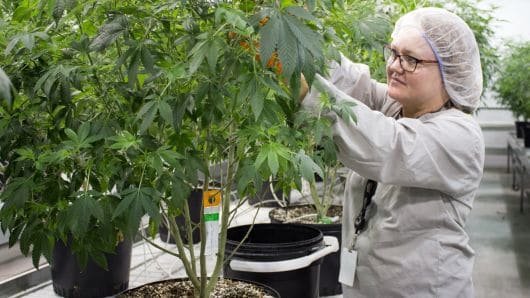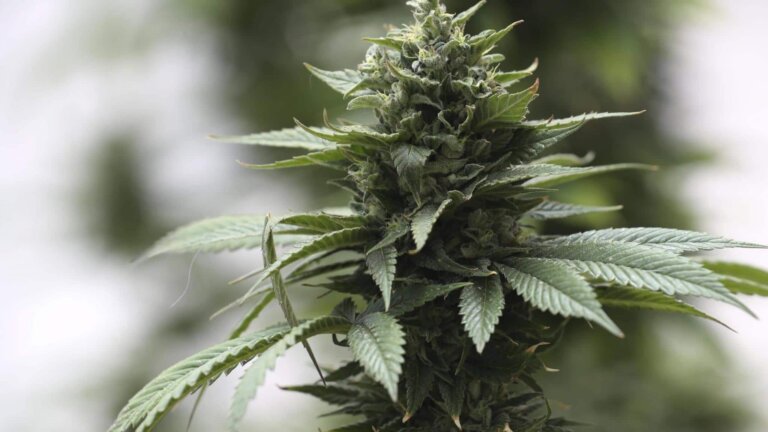Cannabis as Opioid-Replacement Therapy in East Vancouver

Cannabis Anecdotally Helpful as an Opioid-Replacement Therapy, but Lack of Scientific Data Prompts Cautious Approach – LPC
 In a recent Globe and Mail report, Melanie Pratt said cannabis as opioid-replacement therapy saved her life.
In a recent Globe and Mail report, Melanie Pratt said cannabis as opioid-replacement therapy saved her life.
“Without cannabis, I wouldn’t be here now,” she said. “I would be dead. I know that for a fact.”
Using cannabis in combination with methadone as an opioid-replacement therapy helped her deal with her worst withdrawal symptoms.
“When you’re starting to feel sick, you get really emotional because your body is reacting badly to the withdrawal,” Pratt said. “[Cannabis] takes away the nasty mood swings that come with withdrawal. It helps slow down the weepy eyes, the leaky nose, the diarrhea, the vomiting – all that nasty stuff that comes with withdrawal.”
It’s because of stories like this that Rebecca Bligh wants to explore cannabis as an opioid-replacement therapy in East Vancouver. She is putting together a proposal for city council. But there’s a catch. With the lack of solid scientific or medical evidence that cannabis can be helpful as an opioid replacement, many are hesitant to back her proposal.
The chief medical health officer at Vancouver Coastal Health (VCH), Dr. Patricia Daly, said that more research is needed. Dr. Daly “strongly cautioned” city council against allowing any program that uses cannabis as an opioid-replacement therapy.
What are the Scientific Facts? – LPC
Cannabis as an opioid-replacement therapy is attractive on many levels. First, there is no known overdose level, which makes it a relatively safe drug. Strong anecdotal evidence suggests that it can be helpful in dealing with withdrawal symptoms. This is in line with already-proven effects of cannabis on nausea for cancer patients, for example.
However, there are some valid concerns about using cannabis during opioid replacement. Cannabis can act as a depressant, which combined with other drug use can lead to serious implications for mental health. Dr. Daly pointed out that a 2013-2016 VCH survey found Vancouver’s Downtown Eastside had the lowest rates of mental health. Cannabis use has been linked to other mental health issues including schizophrenia.
Now that cannabis is legalized in Canada, more research can be done. That includes researching cannabis as an opioid-replacement therapy. One cannabis research project in Toronto is following NHL players to see if CBD can replace opioid use. Another study in the US is investigating the effects of CBD on brain processes including treatments for conditions such as autism.
Can – and should – cannabis be used as an opioid-replacement therapy? Like any research, the medical benefits have to outweigh the medical risks. For heavy-use heroin users and similar situations, it is easy to see the benefits. But usually when trained physicians ask to use caution, there are good reasons behind it.
This editorial content from the LPC News Editor is meant to provide analysis, insight, and perspective on current news articles. To read the source article this commentary is based upon, please click on the link below.




